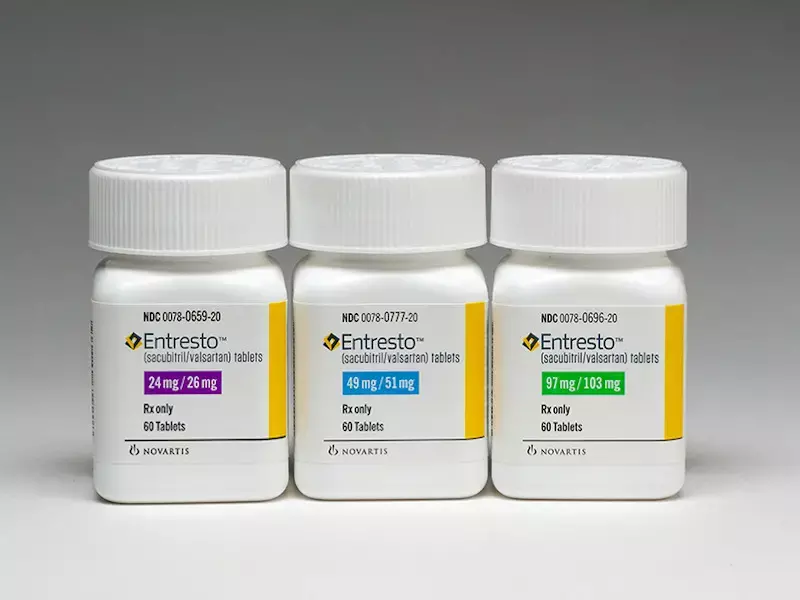- Home
- Medical news & Guidelines
- Anesthesiology
- Cardiology and CTVS
- Critical Care
- Dentistry
- Dermatology
- Diabetes and Endocrinology
- ENT
- Gastroenterology
- Medicine
- Nephrology
- Neurology
- Obstretics-Gynaecology
- Oncology
- Ophthalmology
- Orthopaedics
- Pediatrics-Neonatology
- Psychiatry
- Pulmonology
- Radiology
- Surgery
- Urology
- Laboratory Medicine
- Diet
- Nursing
- Paramedical
- Physiotherapy
- Health news
- Fact Check
- Bone Health Fact Check
- Brain Health Fact Check
- Cancer Related Fact Check
- Child Care Fact Check
- Dental and oral health fact check
- Diabetes and metabolic health fact check
- Diet and Nutrition Fact Check
- Eye and ENT Care Fact Check
- Fitness fact check
- Gut health fact check
- Heart health fact check
- Kidney health fact check
- Medical education fact check
- Men's health fact check
- Respiratory fact check
- Skin and hair care fact check
- Vaccine and Immunization fact check
- Women's health fact check
- AYUSH
- State News
- Andaman and Nicobar Islands
- Andhra Pradesh
- Arunachal Pradesh
- Assam
- Bihar
- Chandigarh
- Chattisgarh
- Dadra and Nagar Haveli
- Daman and Diu
- Delhi
- Goa
- Gujarat
- Haryana
- Himachal Pradesh
- Jammu & Kashmir
- Jharkhand
- Karnataka
- Kerala
- Ladakh
- Lakshadweep
- Madhya Pradesh
- Maharashtra
- Manipur
- Meghalaya
- Mizoram
- Nagaland
- Odisha
- Puducherry
- Punjab
- Rajasthan
- Sikkim
- Tamil Nadu
- Telangana
- Tripura
- Uttar Pradesh
- Uttrakhand
- West Bengal
- Medical Education
- Industry
Sacubitril-valsartan initiation in CHF may significantly decrease sleep apnea severity

Sleep Apnoea (SA) is a highly prevalent co-morbidity in chronic heart failure patients associated with even worse outcomes. At least 50% of CHF patients have moderate to severe SA [i.e. SA with an apnoea-hypopnoea index (AHI) of ≥15/h]. In a recent study, researchers have found that Sacubitril-valsartan (SV) for 3 months in Sleep Apnea patients is associated with a significant decrease in apnoea–hypopnoea index (AHI). The research has been published in the journal ESC Heart Failure on June 08, 2021.
The Apnea–Hypopnea Index or Apnoea–Hypopnoea Index is an index used to indicate the severity of sleep apnea. It is represented by the number of apnea and hypopnea events per hour of sleep. The apneas must last for at least 10 seconds and be associated with a decrease in blood oxygenation
Sleep apnoea [SA, either predominantly obstructive SA (OSA) or predominantly central SA (CSA)] is considered as a potential therapeutic target in CHF as underlined by the 2017 European Respiratory Society Task Force. Optimizing medical cardiac treatment for sleep apnoea (SA) in patients with chronic heart failure and reduced ejection fraction (HFrEF) is an expert Grade C recommendation based on six studies encompassing a total of 67 patients only. Whether sacubitril–valsartan (SV), a cornerstone of HFrEF medical treatment, impacts SA is unknown and requires evaluation. Therefore, Dr François Roubille and his team conducted a study to assess whether SV initiation could improve SA outcomes in HFrEF patients treated under real-life conditions.
ENTRESTO-SAS trial is a six-centre, prospective, open-label real-life cohort study. The researchers included 118 HFrEF patients who remain symptomatic despite optimal treatment and evaluated them before and after 3 months of SV (including nocturnal ventilatory polygraphy). They were divided into three groups according to initial central/obstructive apnoea–hypopnoea indices (AHIs):
Group 1: AHIcentral ≥ 5/h and AHIobstructive < 15/h; n=49,
Group 2: AHIobstructive ≥ 15/h; n=27,
Goup 3: AHIcentral < 5/h and AHIobstructive < 15/h;n = 42..
The major outcome assessed was changes in the apnoea–hypopnoea indices (AHI).
Key findings of the study were:
- By 3 months, the researchers noted that the AHI decreased significantly by −7.10/h in G1 + G2 without positive airway pressure treatment (45 patients, median initial AHI of 24.20).
- Among them, the researchers found that 24.4% presented an AHI decreased ≥50% and 37.78% had a final AHI < 15/h (the tendency for improvement from an initial value of 20%: P = 0.0574).
- In group 1, the researchers found that AHI significantly decreased in 37 patients from a median of 22.90/h to 19.20/h.
- For group 2 patients, they found AHI decreased in 8 patients from a median of 30.10/h to 22.75 /h. However, they noted that the findings were not significant.
The authors concluded, "In this real-life population, SV treatment for 3 months in SA patients is associated with a significant decrease in AHI. These results support the current guidelines that recommend first an optimization of the HFrEF treatment in patients with HFrEF and central SA. A potential positive airway pressure sparing effect merits further investigation."
For further information:
https://onlinelibrary.wiley.com/doi/10.1002/ehf2.13455?af=R
Josepha James (Msc Cinical Research) joined Medical Dialogues as a writer in Medical News Section in 2020 . She covers news in several medical specialties from both national and international journals and associations. She has completed Bachelors in Physician Assistant and then pursued Masters in Clinical Research. She can be contacted at editorial@medicaldialogues.in.
Dr Kamal Kant Kohli-MBBS, DTCD- a chest specialist with more than 30 years of practice and a flair for writing clinical articles, Dr Kamal Kant Kohli joined Medical Dialogues as a Chief Editor of Medical News. Besides writing articles, as an editor, he proofreads and verifies all the medical content published on Medical Dialogues including those coming from journals, studies,medical conferences,guidelines etc. Email: drkohli@medicaldialogues.in. Contact no. 011-43720751


